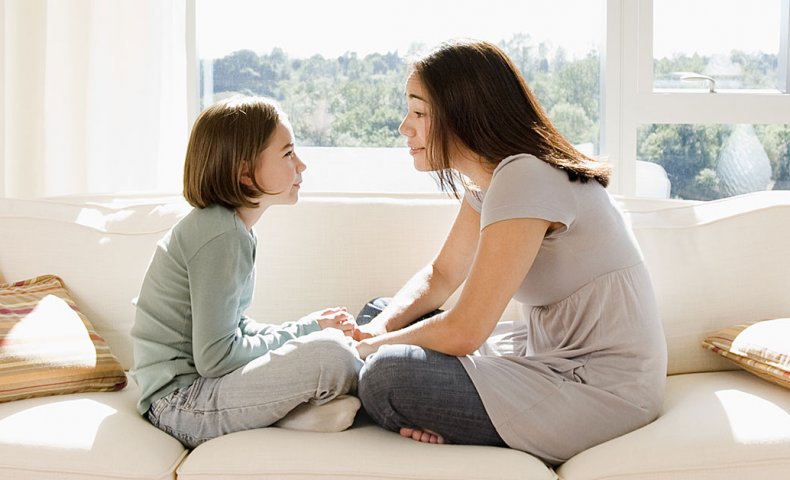
By Elena Kazakevich, LCSW, MBA
When children are young, parents and guardians are used to being problem solvers. Whether it’s a scrape from falling off a bike, a conflict with a friend or frustration over a difficult homework assignment, you help sort it out. But how do you know if your child needs additional support for more complicated matters such as mental health? According to the National Alliance on Mental Illness (NAMI), one out of every six children in the United States is diagnosed with a mental illness each year.
One of the reasons it may be challenging for parents or guardians to identify mental illness in children is that the behavior often appears to be typical. Teenagers may be irritable and want to sleep a lot, or preteens might begin to distance themselves from parents. At what point, does a behavior become a cause for concern?
Signs to look out for
It is important to identify which behaviors might need your extra attention. A child’s genetics, circumstances, past experiences of trauma and even societal influences can affect the development of mental illness. While not all of these factors are under your control, you can help your child cope. Part of this involves identifying and treating mental health concerns early.
The following signs may indicate a need for professional support or guidance:
- Sudden changes in eating or sleeping patterns
- Dramatic mood shifts, irritability, sadness or general lack of interest
- Repeated refusal to go to school or participate in social interactions
- Frequent discussion of death or self-harm
- A decline in school performance
- Intense worry or anxiety
- Drastic changes in personality
- A desire to fight and/or harm others
- Difficulty concentrating
Reaching out for mental health support
If your child presents any of the signs above, it can be helpful to talk to a mental health professional.
One of the best ways to encourage your child to speak with a therapist or psychologist is to normalize the need for help. Remind your child that we all need support sometimes. Whether it’s on an as-needed or regularly scheduled session, talk to your child about how therapy is an excellent tool for support. If you’re not sure where to begin, you might try family therapy so your child has your company.
You and your family can see licensed therapists and psychologists from home on LiveHealth Online. Simply log in, select your availability, and schedule a visit with a provider who treats children 10 years of age and older.
How does a therapy session work?
A mental health professional may have questions about you and your family. You may also want to be prepared to discuss your child’s symptoms, including onset, duration, intensity and severity.
If your child is diagnosed with a mental health condition, your therapist might recommend cognitive behavioral therapy (CBT) as part of a comprehensive treatment plan. CBT helps your child restructure thinking patterns to improve mood and well-being. In some cases, your child may be given a referral to a psychiatrist for further evaluation. Your child’s treatment plan can be developed with family — involving your child in the decision-making process is highly recommended if possible.
By supporting your child and providing access to useful coping strategies, you can help them thrive and prioritize mental well-being throughout life.
Recommended Posts


